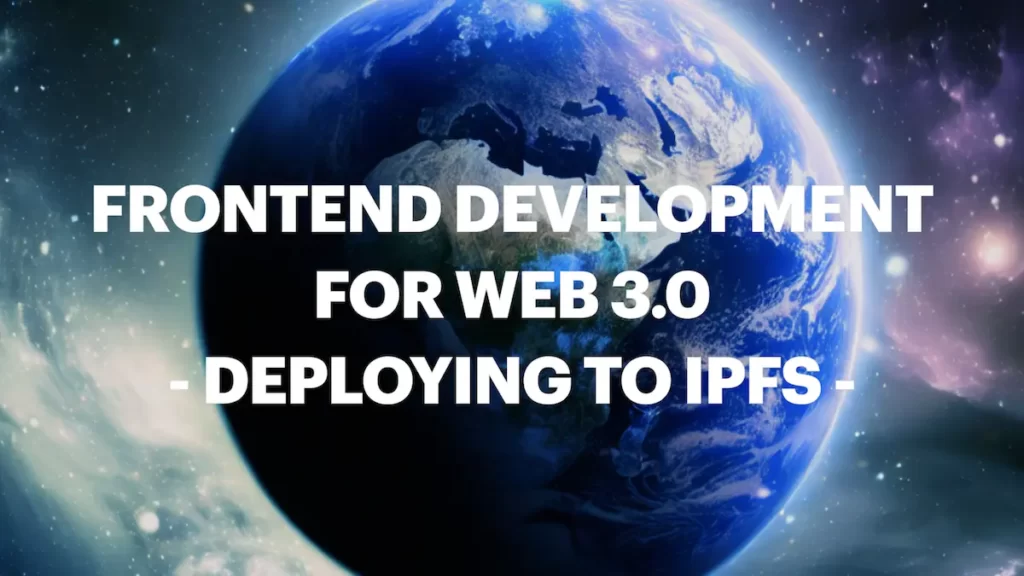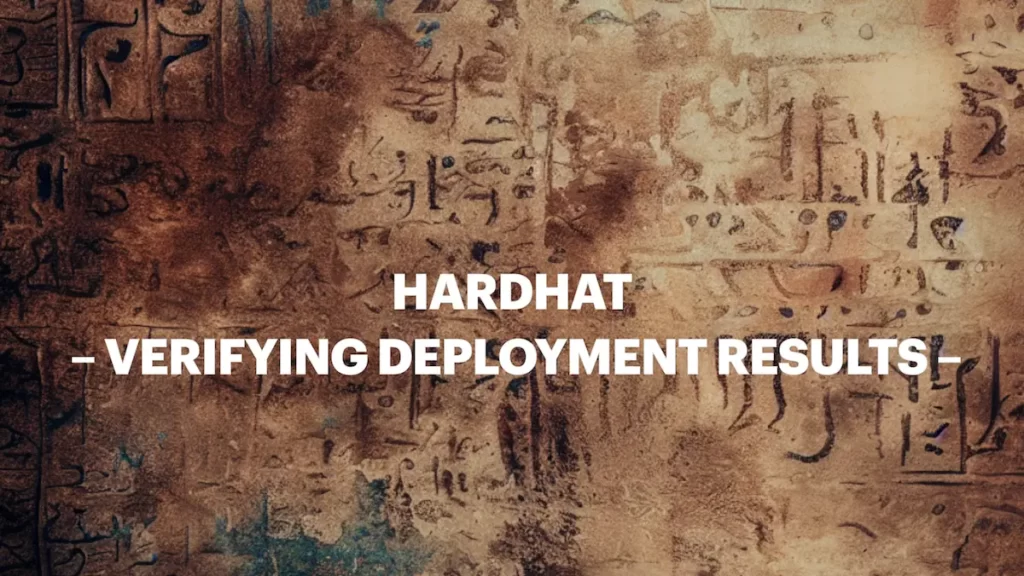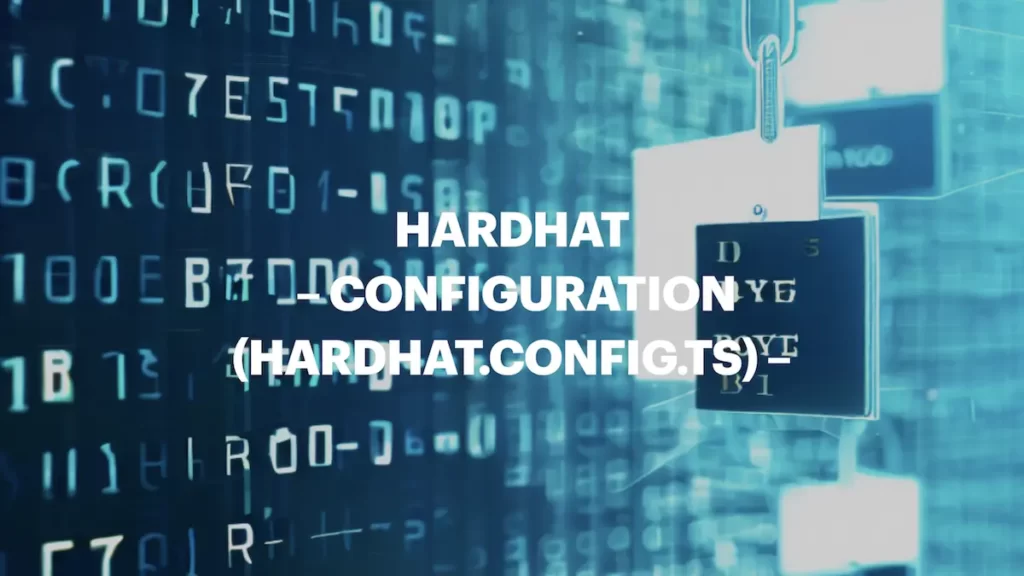-

Day 30. Frontend Development for Web 3.0 – Deploying to IPFS –
Day 30 involves deploying the frontend to IPFS and the smart contract to a testnet, and conducting tests on the testnet. -

Day 29. Frontend Development for Web 3.0 – Frontend Development –
In day 28, we set up the development environment. In this tutorial, we will finally start developing the frontend for Web 3.0. -

Day 28. Frontend Development for Web 3.0 – Setting Up the Frontend Development Environment –
In this tutorial, we will set up a development environment to use the technologies explained in day 27. -

Day 27. Frontend Development for web 3.0 – Frontend Architecture –
In this guide, we will explain the configuration and process flow of the frontend for Web3, as well as an overview of the main technologies used. -

Day 26. hardhat – linter –
“lint” or “linter” refers to tools that analyze the source code of programs to detect various problems such as deprecated usage, syntax errors, style discrepancies, and potential bugs. These tools are helpful in improving the quality and consistency of the code. -

Day 25. hardhat – Gas Reporting –
In Ethereum, the surge in gas costs often becomes an issue. While this may be acceptable on local nets or test nets, it becomes a significant financial burden on the main net due to the real costs involved. Against this background, understanding and, if necessary, improving gas usage is an important task. -

Day 24. Hardhat – Testing
In this tutorial, we will create test code. Test code is written to verify whether the developed target meets the functional requirements. Before creating test code, organize the test cases that the target should fulfill and translate them into code. -

Day 23. Hardhat – Verifying deployment results –
In day 22, we executed a contract deployment. In this guide, we will actually operate the deployed contract to confirm that it has been deployed correctly. -

Day 22. hardhat – Deployment –
While Hardhat itself does not provide a deployment feature, plugins like hardhat-deploy can be used to easily create deployment tasks. Here, we will explain actual deployment scripts. We will look at the script for deploying the Funding contract implemented on day17. -

Day 21. hardhat – configuration (hardhat.config.ts) –
The configuration of Hardhat is defined in a file named hardhat.config.ts. This file includes settings for networks, the Solidity compiler, accounts, and other aspects relevant to Hardhat's operation.
For anyone eager to surf the web3.0 wave
looking to make some money, enjoy themselves, and get excited.
















